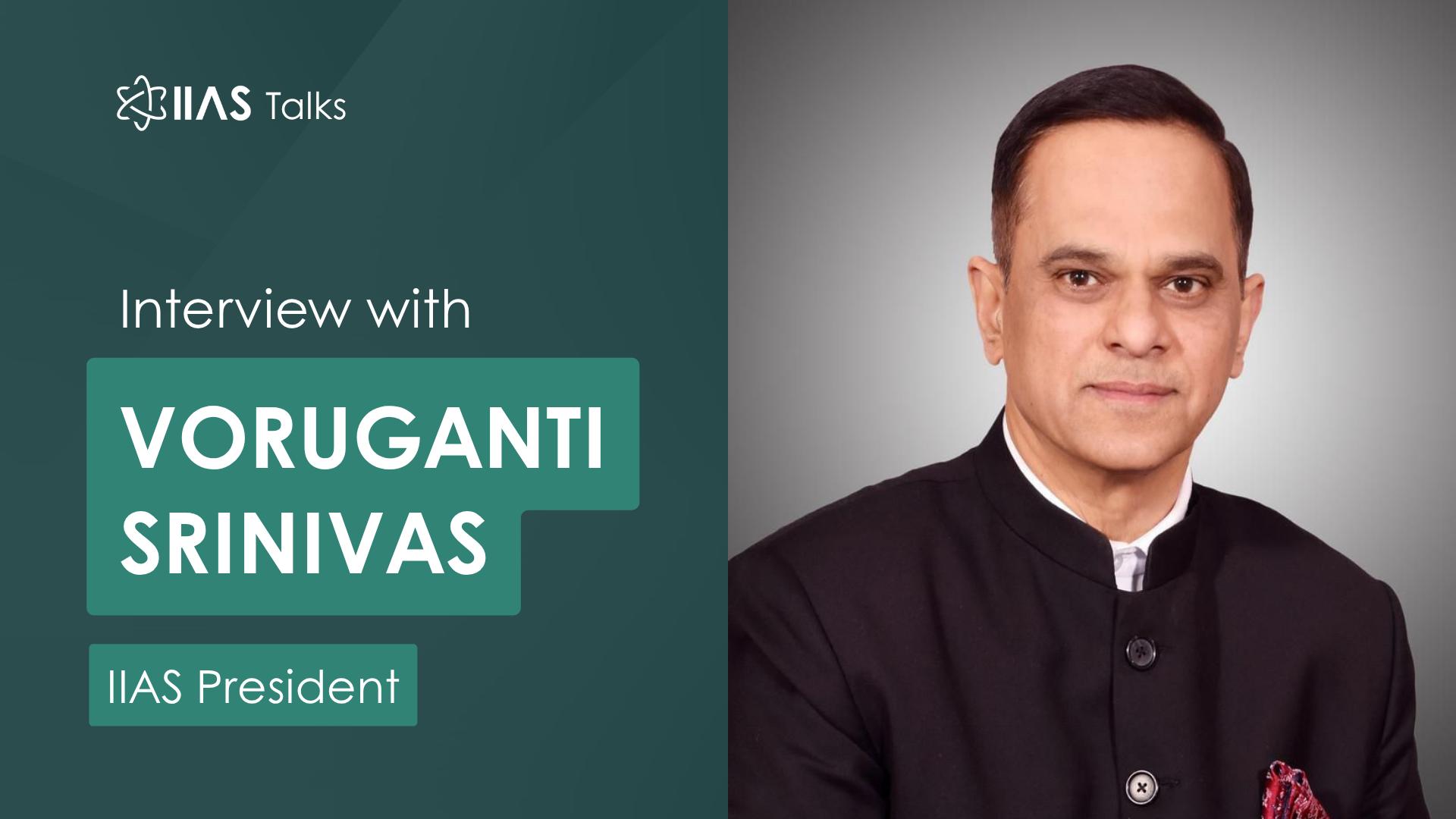_20250827135952.png)
IIAS President Outlines Five Commitments for EGPA@60
27 August 2025
During the IIAS Presidential Address during the Opening Ceremony of EGPA 2025 Conference, the IIAS President outlined the 5 commitments for vision EGPA@60.
On October 14-15, 2024, the United Nations Department of Economic and Social Affairs (UN DESA) and the International Association of Schools and Institutes of Administration (IASIA), the specialized entity of the International Institute of Administrative Sciences (IIAS), convened an Expert Group Meeting at the UN Headquarters in New York. This event was part of the UN DESA/IASIA Global Task Force aimed at developing new Standards of Excellence for Public Administration Education and Training.
This expert meeting brought together 24 experts from various regions, both in person and online, to discuss evolving needs and best practices in public administration. The discussions aimed to align educational standards with the United Nations Sustainable Development Goals (SDGs) and the digital competencies required in today’s public sector. Over 1,117 global experts contributed to this revision through workshops and surveys, leading to updated standards centered around eight principles, including public service commitment, inclusivity, and collaborative governance.
The meeting commenced with welcoming remarks from Mr. Juwang Zhu, Director of the Division for Public Institutions and Digital Government at UN DESA. He emphasized the necessity for public administration to be adaptive and responsive to complex global challenges. Dr. Najat Zarrouk, President of IASIA and a member of UN-CEPA, expressed gratitude to key collaborators, including Mr. Zhu, UNDESA Team and IASIA's Executive Secretary, Cesar Alfonzo. She highlighted the importance of updating the Standards of Excellence in public administration education, which had not been revised since 2008, to better align with the SDGs and the evolving demands faced by public institutions. Dr. Zarrouk stressed the need for standards that reflect diversity and resilience in the global public sector, reinforcing IASIA’s commitment to fostering excellence in public administration education worldwide.
Dr. Zarrouk also acknowledged the achievements of the Task Force and the importance of garnering support from UN DESA, IASIA, and ICAPA to ensure these standards have a significant global impact. She concluded by underscoring the vital role these standards will play in guiding future public administrators toward a new era of public service characterized by innovation, integrity, and dedication to the public good.
Dr. Sofiane Sahraoui, IIAS Director General, advocated for standards that effectively address the complexities of modern governance. Dr. Hamid Eltgani Ali, Acting Chairperson of the ICAPA Steering Committee, provided insights on how these standards can strengthen resilient governance structures. Other experts, such as Dr. Joao Salis Gomes, Chairperson of the International Commission on Accreditation of Public Administration education and training programs (ICAPA), IASIA's quality assurance body, emphasized the collaborative nature of the Task Force’s initiatives and the results of these collective efforts.
The meeting featured a special session titled "Overview of the Commonalities and Points of Divergence across Regions," led by Ms. Adriana Alberti and Ms. Cristina Rodriguez-Acosta from UN DESA. In this session, participants examined regional insights and survey results, highlighting both common priorities and unique needs in public administration education. The discussion specifically focused on themes of inclusion, digital competency, and the adaptability necessary to tackle regional challenges.
A video tribute honored Professor Allan Rosenbaum, Chair of the Global Task Force on Standards of Excellence, whose pioneering contributions continue to influence public administration education and inspire future leaders.
This Expert Group Meeting reaffirms the commitment of UN DESA, IASIA and IIAS, alongside other global institutions, to establish forward-thinking standards in public administration education. These new Standards of Excellence will support the development of public sector leaders equipped to tackle complex global challenges, ensuring that educational practices align with the SDGs while advancing digital and inclusive governance. They will play a crucial role in preparing the next generation of public administrators for a rapidly changing global landscape.
The next steps for implementing the Standards of Excellence include creating a global branding strategy, promoting the Standards at conferences, and encouraging academic engagement. Integration of the Standards into the accreditation framework will occur, along with the launch of pilot programs for feedback and the development of training resources. Metrics will also be established to monitor success.
More details about the initiative can be accessed at https://publicadministration.desa.un.org/events/expert-group-meeting-towards-new-standards-excellence-public-administration-education-and.
_20250827135952.png)
During the IIAS Presidential Address during the Opening Ceremony of EGPA 2025 Conference, the IIAS President outlined the 5 commitments for vision EGPA@60.

18 August 2025
The International Institute of Administrative Sciences (IIAS) is delighted to share an exclusive video interview with its newly elected President, Srinivas Voruganti. In this insightful conversation, President Voruganti outlines his vision, priorities, and strategic plans to guide IIAS toward becoming a future-ready, inclusive, and globally connected institution.

The EGPA 2025 Conference is just around the corner, and participants joining us in Glasgow, Scotland, UK, from 26 to 29 August 2025 can enhance their experience by downloading the official EGPA 2025 Conference App. The mobile app is designed to enrich attendees’ conference experience by providing tools to plan personalized schedules and receive live notifications throughout the event.